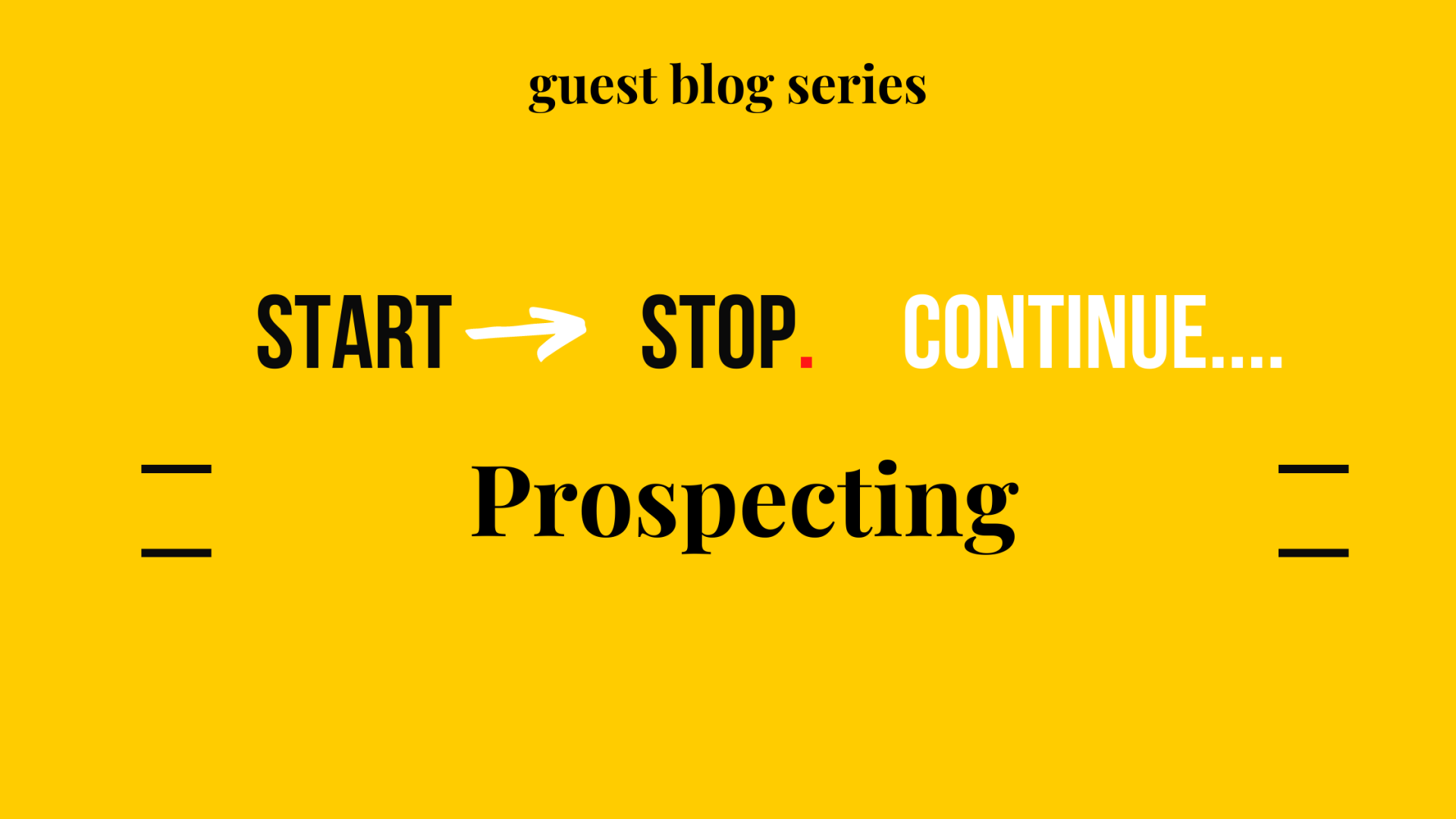How to set goals and make them happen
For effective goals go beyond specific and measurable; make them challenging to drive higher performance.
‘Our
company goal for 2022 is to accomplish the goals of 2021, which we should have
done in 2020 because we committed to them in 2019 and planned them already
during 2018.’
Did this make you smile?
I certainly did when I read this, as often the response from small business owners to the question about setting goals is ‘what’s the point, everything changes, so why bother’
How to set goals - the theory
Of all the theories of management (and let’s face it there are many) Goal Setting theory is the most universally adopted by organisations of all sizes. The CIPD reported ‘(Goal setting) theory is confirmed by hundreds of high quality empirical studies and can therefore be regarded as one of the most ‘evidence-based’ interventions in organisation and people management (https://buff.ly/2F7KIle ) and for good reason.
Goal Setting theory, formally published by Locke & Latham in their 1990 book ‘A theory of goal setting & task performance ‘states that
‘goal setting is fundamentally linked to task performance. Setting specific and challenging goals, along with appropriate feedback, contribute to higher and better task performance.
That’s right
Goal setting = higher performance
Whilst most people are familiar SMART goals – that is only part of the theory, there are 5 C’s that all contribute to effective goal setting.
The 5C's of effective goal setting
1. Clarity – Making SMART goals provides clarity of what is expected; by when, by who and with a clear understanding of what success will look like.
e.g. ‘Increase sales’ becomes ‘Increase total sales value by 20% (2020 £xxk) by December 2021’
2. Challenge – create goals that inspire and motivate – this is very personal, only you can judge where to set a goal which gets you to jump out of bed in the morning but doesn’t prevent you sleeping at night.
e.g. Create 1 blog per month or create 1 blog per week
The key is to challenge yourself so that meeting or exceeding the goal will bring a real sense of achievement.
3. Complexity – this is linked to challenge, recognise that you need to balance the complexity or difficulty of the goal, setting unrealistic goals will have a demotivating effect. For more complex goals it is useful to break it down into 3-4 smaller sub goals.
4. Checks – build in checks & reviews, particularly for long term goals, if its going to take two years then how will things look at 6 months in. Importantly, if you find things have changed, either within your organisation or externally in the market place these interim checks help you to amend and adjust the goals if necessary but remain focused on achievement.
5. And finally, Commitment – if you worked in an organisation your manager would be holding you accountable to your goals, however as a business owner or Solopreneur you are the boss so without that discipline how do you commit to your goals?
Research shows that the simple act of writing a goal down increases commitment to achieving it. In addition, sharing your goals with others, especially if they are someone who you respect in a professional capacity, will keep you on track. This is often seen as the most valuable part of having a business coach.
How about visualisation? close your eyes and imagine how you will feel when you have achieved that goal, the thrill of success or the pride of achievement. For me, I write out my goals and have them on my desk, seeing them every day is enough to keep me focused and I schedule review meetings with myself, booking out time in my diary to review goal and plan on a quarterly basis.
So how about you? Put some time aside to review and set new goals - just think by applying these simple steps you are already giving yourself a head start to achieving them.
But don't stop there
Build systems to support your goals
Whilst setting SMART goals gives you a specific direction to travel, when it comes to helping us achieve those goals its only half the story.
In his bestselling book, Atomic Habits James Clear shared his own experience that success has less to do with the goal and more to do with our day to day systems, that work towards achieving that goal. He sums this saying 'we don't rise to the level of our goals, we fall to the level of our systems'.
Consider the goal to run a marathon in 2022 - whilst the goal is specific and measurable it doesn't help you to achieve it - however the system of running 3 days per week, starting at 5k and increasing the distance by 5k per month would have you running marathon distance in 8 months. ( OK, this may not be the best marathon training plan but you get the idea)
So, for every goal you set look at the underlying systems that will help you achieve it. If the goal is to increase sales revenue by 20% what are the daily systems for marketing, networking and referrals that will lead to new sales opportunities.
If you found this article useful you should have a look at - Time to Review - https://www.thepositivepen.co.uk/am-i-still-learning
Janet Doran is Business Coach based in North Yorkshire, UK. She works with freelancers, sole traders and small business owners helping them to answer questions such as ‘how can we stand out from our competitors, attract customers and win new business?’. Find out more at www.thepositivepen.co.uk or follow her on twitter https://twitter.com/thepositivepen













